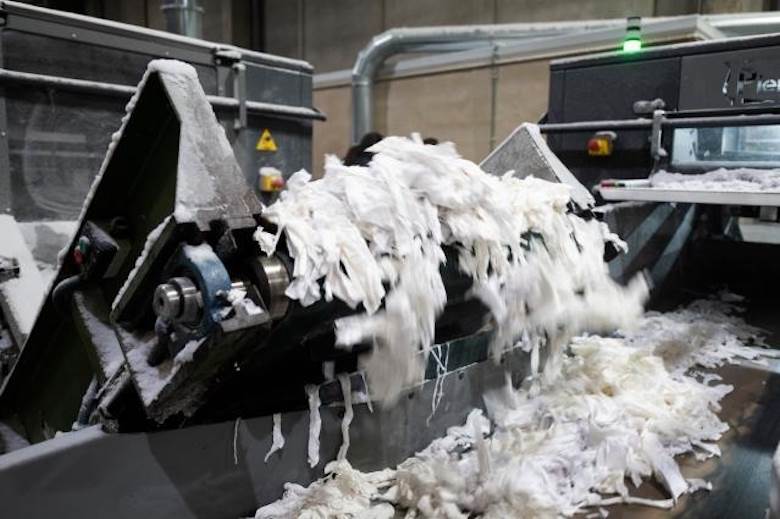EU wants extended producer responsibility for textiles

The European Commission has published new proposals for rules to make producers responsible for the full lifecycle of textile products. It published the proposals on July 5, saying the rules it has put forward will “accelerate the development of the separate collection, sorting, reuse and recycling sector for textiles in the European Union (EU)”.
It said increasing the availability of used textiles would create local jobs and save money for consumers in the EU and beyond, while alleviating the impacts of textile production on natural resources.
Proposals include mandatory extended producer responsibility (EPR) schemes for textiles across the 27 EU member states. This will mean producers will have to cover the cost of managing textile waste.
The commission said this should give companies in the textile incentives to reduce waste and increase the circularity of textile products, not least by designing “better products from the start”.
Current EU legislation obliges member states to have systems for collecting textiles separately from other waste by 2025. The Commission said EPR would make this easier to implement.
It explained: “Producers’ contributions will finance investment into separate collection, sorting, re-use and recycling capacities. The proposed rules on waste management aim to ensure that used textiles are sorted for reuse, and what cannot be reused is directed to recycling as a priority.”
It said social enterprises active in the collection and treatment of textiles will benefit from increased business opportunities and a bigger market for second-hand textiles.
“We will require producers to take stronger responsibility for the textile waste created,” said Frans Timmermans, executive vice-president of the European Commission. “The collected fees will be used to boost the reuse and repair sectors, so that we build a more sustainable relationship with the clothes we wear.”
Image credit: European Commission/José Jordan









